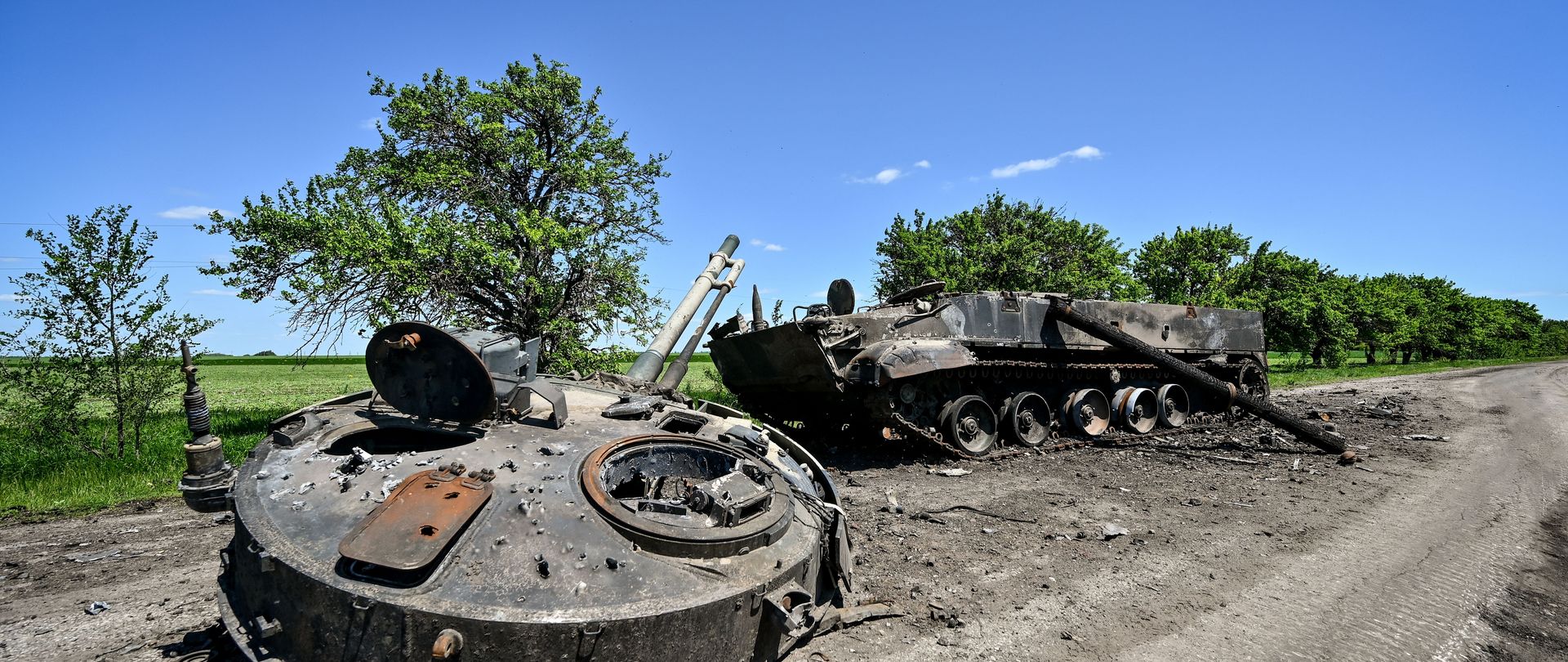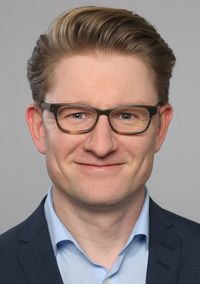
© picture alliance / Photoshot | -
Military situation and negotiations
The Kremlin’s original expectation of a rapid victory has failed. Moscow therefore is counting on generating more human and material resources for the protracted war of attrition and on demoralising the Ukrainian population through the permanent shelling of civilian infrastructure and residential buildings. At the same time, the military’s needs have raised domestic political risks for the Kremlin, such as the unpopular partial mobilisation of September 2022 and the Wagner mutiny of June 2023. Due to the reduced manpower, Kyiv is focusing on procuring Western weapons, expanding its own arms industry, promoting innovations in warfare, and securing the resilience of the population. The full-scale invasion of Ukraine has also intensified Russia’s confrontational course against the West. An indication of this is Moscow’s plan to increase the target strength of the Russian armed forces to 1.5 million troops, to expand the military in the west of the country, and to launch nuclear threats and hybrid attacks against Western states.
Since the start of the Russian full-scale invasion of Ukraine, negotiations and diplomatic initiatives have been underway to bring the military conflict to an end. In 2022, bilateral ceasefire talks failed. Since then, Ukraine has been seeking international support with a 10-point plan, the so-called peace formula, put forward by Ukrainian President Volodymyr Zelenskiy, who also presented a so-called victory plan in 2024. Russia has been building up diplomatic counter-pressure through its relations with China and others, as well as through multilateral forums such as BRICS+. Peace initiatives and proposals by third countries have failed because the positions of the war parties remain irreconcilable. The military dynamics of the conflict have not yet produced an opportune moment for negotiations on a ceasefire.
Contact
-

-
Dr. phil. Margarete Klein
Eastern Europe, Eurasia (Head of Research Division)
phone:+49 30 88007- 256
Areas of Expertise
- Russian Federation
- Defence and security policy / Armed forces
-

-
Dr Janis Kluge
Eastern Europe, Eurasia (Senior Associate)
Eastern Europe, Eurasia (Deputy Head of Research Division)
Areas of Expertise
- Russian Federation
- Population trends
- Trade
Publications
-
Military-Patriotic Education in Russia
How the Next Generation Is Being Brought Into Line with the Regime
SWP Comment 2025/C 46, 10.11.2025, 8 Pagesdoi:10.18449/2025C46
-
Russia’s Covert Mobilization: Instruments, Actors and Repercussions for Regime Stability and Confrontation with the West
in: Pennti Forsström (ed). Russia’s War against Ukraine: Trends and Lessons, National Defence University, Department of Warfare, Series 2: Research Reports No. 37, Helsinki 2025, 166–184, 19 Pages -
‘Everything about Ukraine without Ukraine’
Peace Negotiations in Trump’s Brave New World
SWP Comment 2025/C 14, 10.04.2025, 8 Pagesdoi:10.18449/2025C14
-
The second front in Putin’s war: The Russification of Ukraine’s occupied territories
Nearly three years since Putin’s full scale invasion of Ukraine, Russia controls much of eastern and southern Ukraine. Nikolay Petrov explains how and why the Kremlin pushes for the “Russification” of the occupied territories.
SWP Podcast 2024/eP 06, 18.12.2024 -
How Russia Is Recruiting for the Long War
Covertly Mobilising Volunteers While Preparing for a New Round of Compulsory Mobilisation
SWP Comment 2024/C 24, 27.06.2024, 8 Pagesdoi:10.18449/2024C24
-
Diplomacy in the Context of the Russian Invasion of Ukraine
Continuation of war by other means
SWP Comment 2023/C 53, 13.11.2023, 8 Pagesdoi:10.18449/2023C53